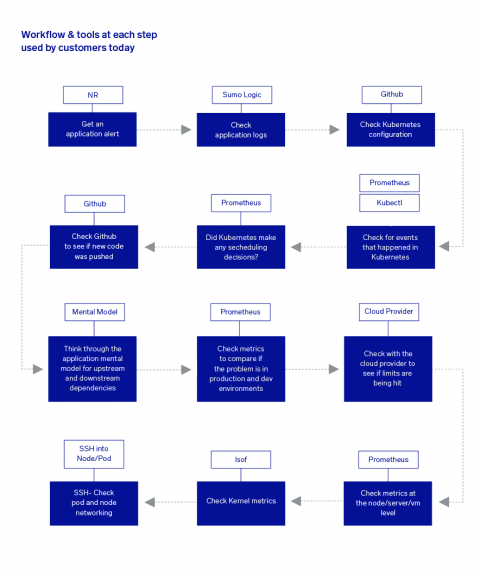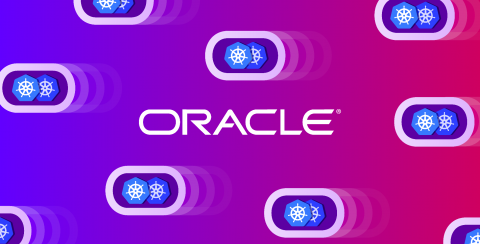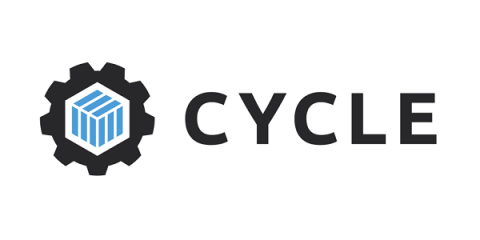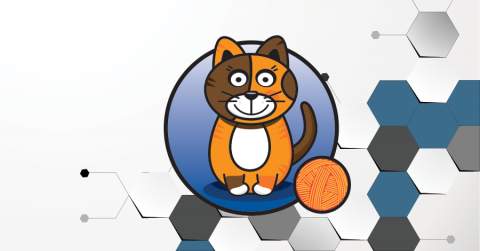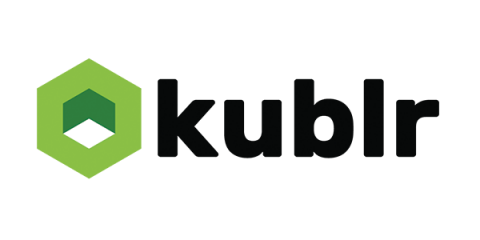It Takes a Village
Rancher Rodeos are great events for learning Kubernetes and Rancher beginner-level concepts, with attendees gaining just the right amount of knowledge to get started with provisioning Kubernetes clusters and launching applications. I present frequently at Rodeos, and the scene typically unfolds like this: together with attendees, we are walking through Rancher features, and usually as we’re experimenting with Monitoring, Alerting, and Logging, I see the wheels start turning in their heads.




